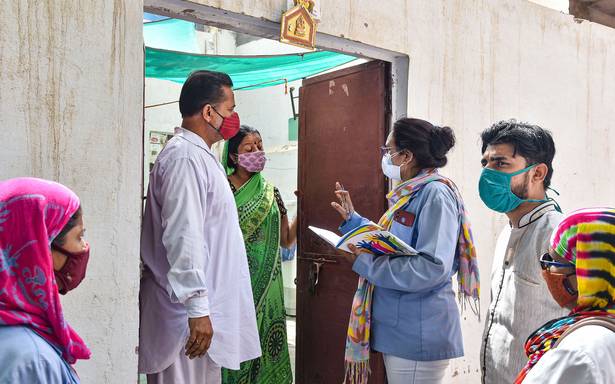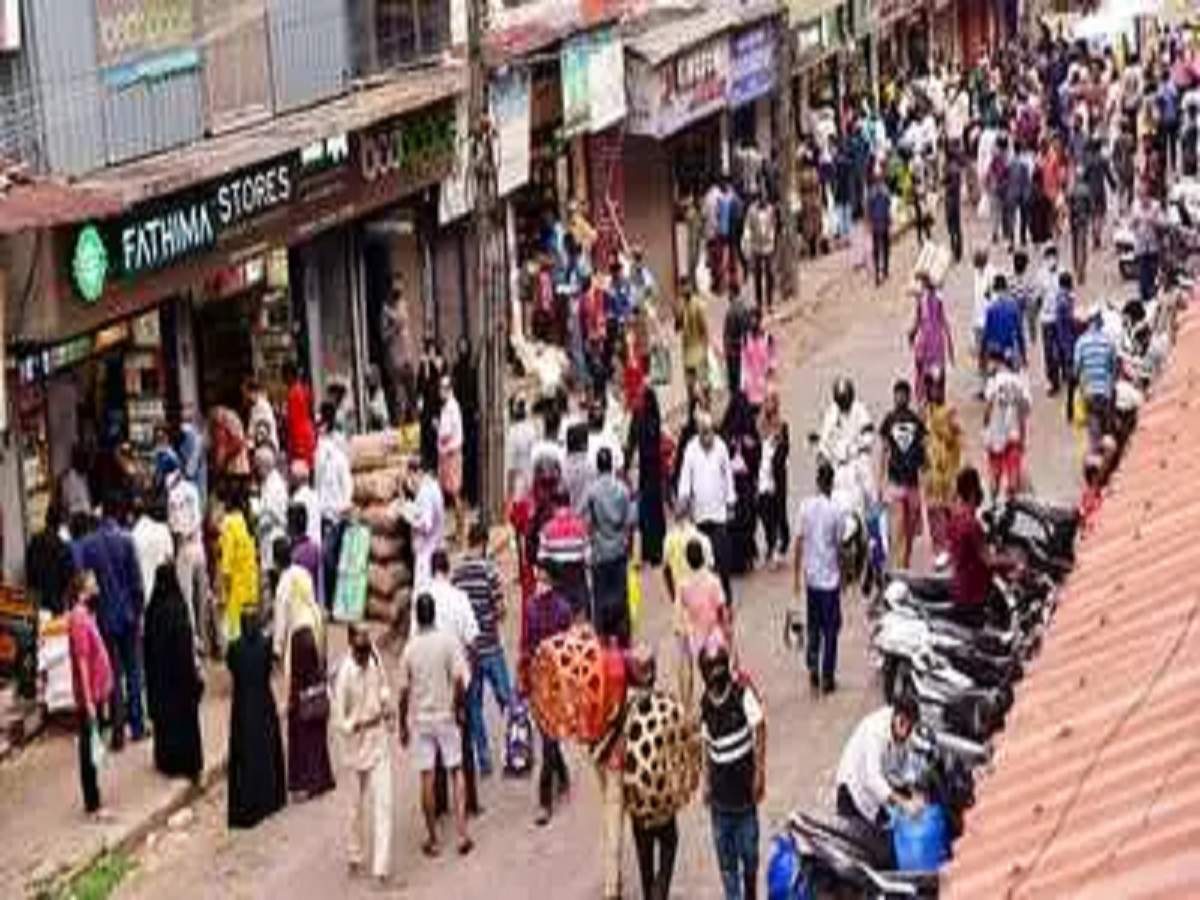Advisory to States calls for more samples for epidemiological correlations.
The Union Health Ministry has warned States that the delta plus variant, which is currently a variant of concern, has increased transmissibility, stronger binding to receptors of lung cells and potential reduction in monoclonal antibody response.
Directing the States to initiate more focused and stringent measures to contain the virus spread, the Ministry has now also instructed that adequate number of samples from positive persons have to be sent to the designated labs so that clinical epidemiological correlations can be established.
Also read | India records nearly 50 delta plus variant cases
“The Ministry in its written communication has advised immediate containment measures which must be put in place in districts and clusters, where the variant has been detected, including preventing crowds and intermingling of people. It has also advocated for widespread testing, prompt tracing as well as vaccine coverage on a priority basis,” said a Ministry official.
“The Ministry has written to Rajasthan, Tamil Nadu, Karnataka, Punjab, Haryana, J&K, Gujarat and Andhra Pradesh where some districts have this variant,” he said.
Doctors across India have also cautioned against any relaxation in adherence to COVID-appropriate behaviour. Archana Dhawan Bajaj, director, Nurture IVF said that the delta variant has been labeled as ‘Variant of Concern’ by World Health Organisation (WHO) for multiple reasons.
Also read | No immediate threat due to delta plus variant, says CSIR expert
“delta variant is more resistant to medication, treatment, and vaccination. Therefore, people who have been vaccinated can still be affected by this variant and can go on to get the clinical illness. Neutralizing antibodies against this variant post-vaccination seem to be nearly five times lower in people who have already been vaccinated than the other variants,” she said.
Dr. Bajaj added that the other major concern is the virulence of the disease post-infection with this variant.
“There is a noticeable increase in hospitalizations, ICU admissions, mortality, and morbidity for people affected with this variant. This variant seems to be responsible for fair number of re-occurances,” she said.
Doctors add that COVID-19 being an RNA virus has a tendency to undergo rapid mutations, therefore, there is a need to step up the vaccination drive across the globe.
Editorial | Stopping the surge: On unlock and the next COVID-19 wave
“Vaccinations specific against variants like delta need to be synthesised or manufactured and rolled out on an urgent basis. If this variant is not controlled in a timely manner, this could lead to a rapidly occurring ferocious third wave of the COVID pandemic. delta plus variant has been instrumental in causing a new wave of COVID pandemic in the UK and parts of U.S. There are concerns that it can bypass vaccine immunity, a phenomenon called immune escape. Countries like India with a big population size are always at risk of having extensive effects. This strain is likely to cause a third wave if it ever comes. It is, therefore, important that people heed to COVID appropriate behaviour,” said Arunesh Kumar, HOD, Paras Chest Institute and senior pulmonologist, Paras Hospital, Gurugram.
With multiple cases detected in Madhya Pradesh, Kerala, and Maharashtra, the delta plus variant and impending third wave of coronavirus, it becomes important to strictly follow the directions of the Health Ministry to engage in immediate containment measures, said Piyush Goel, senior consultant- Pulmonary and Critical Care, Columbia Asia Hospital, in Gurugram.
He added that large scale vaccination drives and their tracking must be facilitated along with testing in districts and affected clusters. This must be done to ensure that “adequate samples” of positive persons be speedily sent to designated laboratories of Indian SARS-CoV-2 Genomic Consortia (INSACOG) to conclude the clinical epidemiological correlations.
The delta plus variant is a variant of concern that has been recently declared by the government it has already been identified and isolated in over 10 countries and nearly 50 cases have already been seen in India especially in Maharashtra, which is already bracing for a third wave.
“Looks like the third wave will hit Maharashtra in the next six to eight weeks. Like the last wave which has been driven by the delta variant, it is feared that the next wave will be driven by the delta plus variant,” said Shuchin Bajaj, Internal Medicine, founder director, Ujala Cygnus Group of Hospitals.




